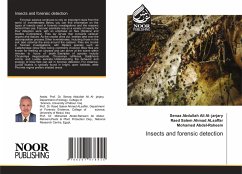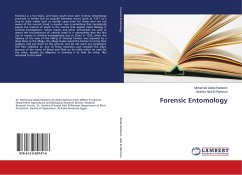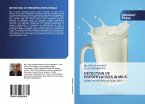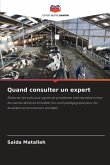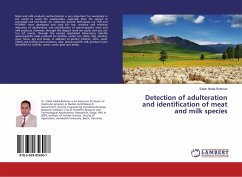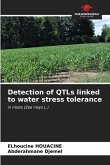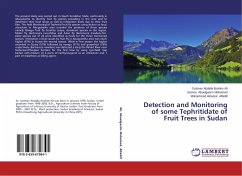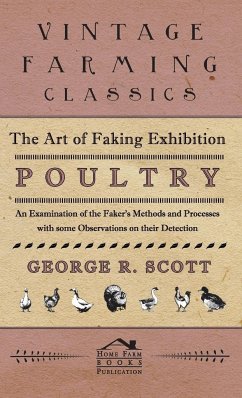Forensic science continues to rely on important clues from the world of invertebrates. Below, you can find information on the types of insects used in forensic investigations and the reasons behind their use. Forensic scientists rely on a variety of insects for their detection work, with an emphasis on flies (Diptera) and beetles (Coleoptera). Flies lay larvae that consume cadaver organs and tissues. As the corpse dries out, beetles take over the decomposition process.Other invertebrates, including those in the soil; also colonize the area around the cadaver. Flies are crucial in forensic investigations, with Diptera species such as Calliphoridae (blow flies) being commonly involved. Blow flies are known for feeding on corpses and can arrive at the scene within minutes to hours of death. Examples of species include Chrysomya megacephala, Chrysomya rufifacies, Gaiijbhoria vicrna, and Lucilia sericata. Understanding the behavior and ecology of blow flies can aid in forensic detection. For instance, Lucilia illustris is typically found in bright, open habitats, while Phormia regina prefers shaded areas.

